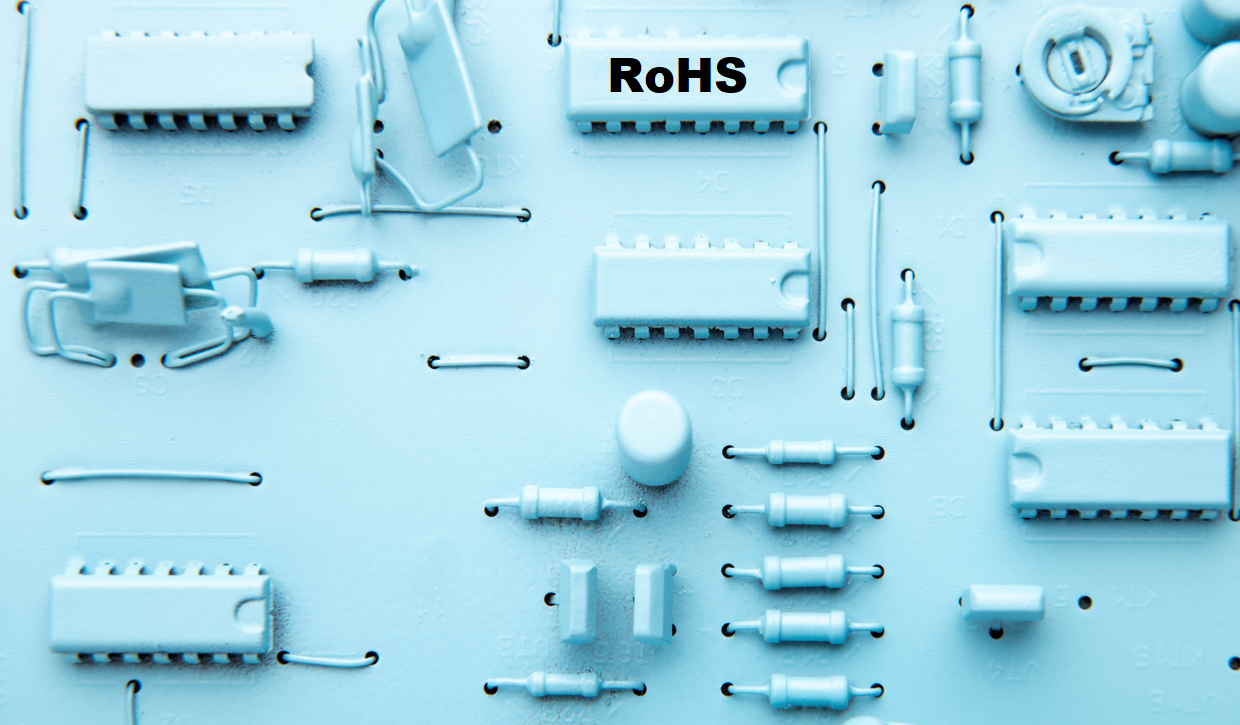Page 1 of 1
Why is Regulatory Compliance important in the Electronics Industry
The electronics industry, a hub of constant innovation, operates within a multifaceted regulatory landscape. The complexity of electronic products demands meticulous attention to compliance, as companies navigate through laws, regulations, and standards governing design, production, and marketing. Let's unravel the imperative of robust compliance programs within this dynamic sector.
Regulatory Compliance for the Electronics Industry
The electronics industry operates under the scrutiny of diverse regulations, each with unique requirements:
- REACH (Registration, Evaluation, Authorization, and Restriction of Chemicals): Mandates communication of information on chemical substances used in products and imposes restrictions on specific thresholds.
- RoHS (Restriction of Hazardous Substances): Aims to limit the use of hazardous materials in electronic equipment.
- California Prop 65: With this compliance program, businesses are mandated to provide warning symbol-labeled notices regarding exposures to chemicals known to cause harm..
- Conflict Minerals: Addresses responsible sourcing to prevent funding armed conflict, particularly in regions like the Democratic Republic of the Congo ensuring smooth supply chain management.
- Battery & Packaging Regulations: Encompasses proper disposal and recycling of batteries and packaging materials.
- EU WFD (Waste Framework Directive): Focuses on waste management, including disposal and recycling of electronic products.
Regulatory Compliance Beyond Legal Obligations
Compliance in the electronics industry transcends being a mere legal obligation; it becomes a strategic advantage. Companies that embrace robust compliance programs benefit in various ways:
- Corporate Social Responsibility (CSR): Compliance aligns with CSR obligations, reflecting a commitment to ethical business practices, sustainability, and social responsibility.
- Enhanced Reputation: A robust compliance track record enhances the reputation of electronics manufacturers, building trust with consumers, investors, and stakeholders.
- Market Access and Trade: Compliance is essential for global market navigation, ensuring accurate country of origin identification and precise customs coding to mitigate risks associated with tariffs and border delays.
How to Tackle Complex Regulatory Compliance Challenges
Compliance in the electronics industry is not a one-dimensional task. It involves navigating through a complex landscape that includes:
- Environmental Considerations: Regulatory compliance like RoHS and WEEE necessitates strategies for eco-friendly materials and processes.
- Supply Chain Ethics: Robust compliance programs incorporate measures for supply chain traceability, ensuring the integrity of raw materials and mitigating risks related to unethical practices and conflict minerals.
- Quality Standards: Adherence to international quality management systems, such as ISO 9001, ensures the delivery of reliable and safe products.
- Data Security and Privacy: Compliance addresses concerns related to data security and privacy, aligning with regulations like GDPR, with robust cybersecurity measures.
- Ethical Labor Practices: Stringent measures within compliance programs ensure ethical treatment of workers throughout the supply chain.
Building a Culture of Regulatory Compliance
In addition to implementing policies and procedures, fostering a culture of compliance is essential. Employee training initiatives, awareness campaigns, and a dedication to ethical conduct all play pivotal roles in the effectiveness of compliance efforts.
As technology progresses and the industry undergoes transformations, regulatory landscapes will inevitably shift. Businesses that proactively adopt measures, invest in technology, and stay updated on regulatory adjustments will find themselves better equipped to navigate the intricacies of the electronics sector.
Robust compliance programs are not just a necessity but a strategic imperative for electronics manufacturers. By integrating ethical, sustainable, and quality-driven practices, companies not only meet regulatory obligations but also build trust with consumers, investors, and stakeholders. In the ever-shaping future of the electronics industry, robust compliance remains not just a choice but a cornerstone for success. It's not merely about following the rules; it's about shaping a future where innovation and responsibility walk hand in hand.
Our Acquis Compliance software Tool stands as a beacon in the realm of electronics industry compliance, utilizing industry standards as its guiding light. Tailored for electronics companies, this tool is a powerhouse designed to furnish crucial supply chain data, ensuring adherence to compliance regulations. Its multifaceted capabilities not only facilitate regulatory compliance but also empower companies to mitigate environmental risks, safeguard brand reputation, and seamlessly bring their products to market.
Reach out to our Compliance experts to book a Demo Now
Disclaimer: The information provided in Acquis Compliance's blogs, ebooks, and other materials is intended for informational purposes only and should not be construed as legal advice. While we strive to provide accurate and up-to-date information, the rapidly evolving nature of compliance regulations means that the content may not always reflect the most current legal standards or interpretations. Therefore, it is crucial to consult with qualified legal professionals or our experts to ensure compliance with specific regulations and requirements applicable to your business. Reliance on the information provided without seeking professional advice could result in legal risks and potential non-compliance. Acquis Compliance disclaims any liability for errors, omissions, or damages arising from the use of the information provided in our materials.



